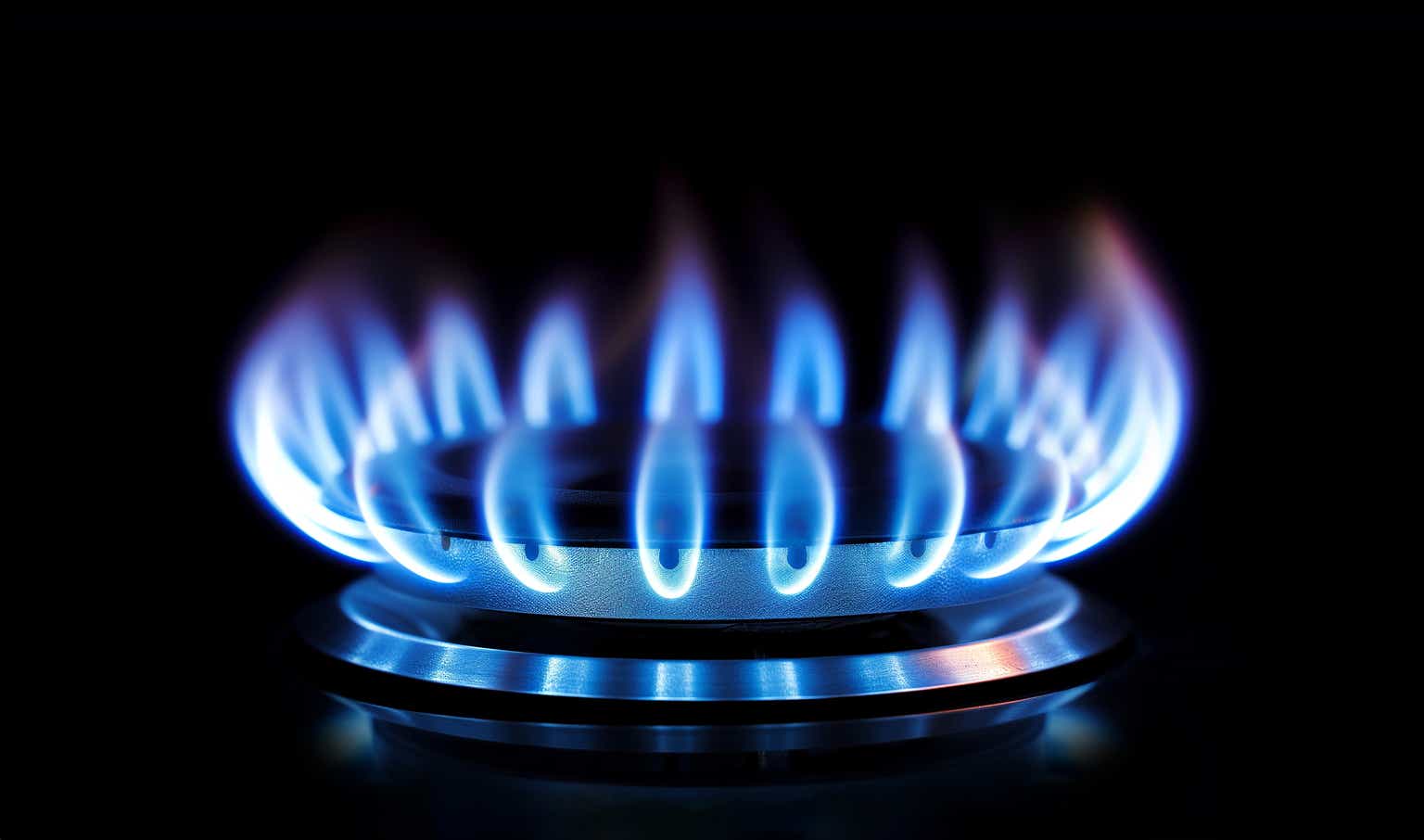Egg prices at supermarkets hit a record high in March despite fewer bird flu outbreaks and falling wholesale costs — indicating retailers could be holding out on passing along the lower prices.
The average consumer price for a dozen eggs reached $6.23 in March, a 5.9% jump from the month before – and a whopping 60.4% climb over the past year, the Bureau of Labor Statistics said on Thursday.
That’s despite the fact that wholesale prices have been dropping over the past few weeks.
Grocery stores may not have immediately passed the lower prices along to consumers, Jada Thompson, University of Arkansas agricultural economist, told the Associated Press.
And major egg producer Cal-Maine earlier this week confirmed it’s being investigated by the Justice Department’s antitrust division over egg price increases.
When egg prices shot sky-high earlier this year, the bird flu outbreak took the blame. More than 30 million viable chickens across the US were killed to prevent the disease from spreading.
But the number of birds slaughtered in March fell to 2.1 million, and none of them were on egg farms, according to the Associated Press.
In response, national wholesale prices started to fall, with the average for large white eggs slumping as low as $3.26 per dozen as of April 4, according to the Department of Agriculture.
That’s down from $6.85 a dozen as of March 7, and an eye-watering $8.15 in February, the USDA said in a report.
Shoppers in some areas – particularly the New York and New Jersey area – shelled out much more for a carton of eggs, facing price tags as high as $12 for a dozen.
While the Consumer Price Index for meats, poultry, fish and eggs rose 1.3% nationally in March, it jumped 8.9% in the New York and New Jersey area – a substantial rise from its 0.4% increase the month before, according to the government data.
Americans aren’t likely to feel relief anytime soon, as soaring demand ahead of the Easter holiday coupled with President Trump’s tariffs threaten to keep prices higher for longer.
The US will need approximately 180 million extra eggs to fill its Easter baskets, and another 30 million for Passover, according to an analysis by TradingPedia, a personal finance site.
“However, the ongoing trade war could jeopardize egg imports and drive prices back up just as they have started to ease,” TradingPedia said in a note.
Though Trump on Wednesday announced he was temporarily halting higher rates on most nations, he kept a 10% across-the-board levy in place, which could raise prices on egg imports.
Despite the supply and price pressures, the annual Easter Egg Roll at the White House will proceed with real eggs, not plastic eggs, Trump said last week during his “Liberation Day” speech announcing the tariffs.
“They were saying that for Easter ‘please don’t use eggs. Could you use plastic eggs?’ I say we don’t want to do that,” he said.
Credit: Source link












































